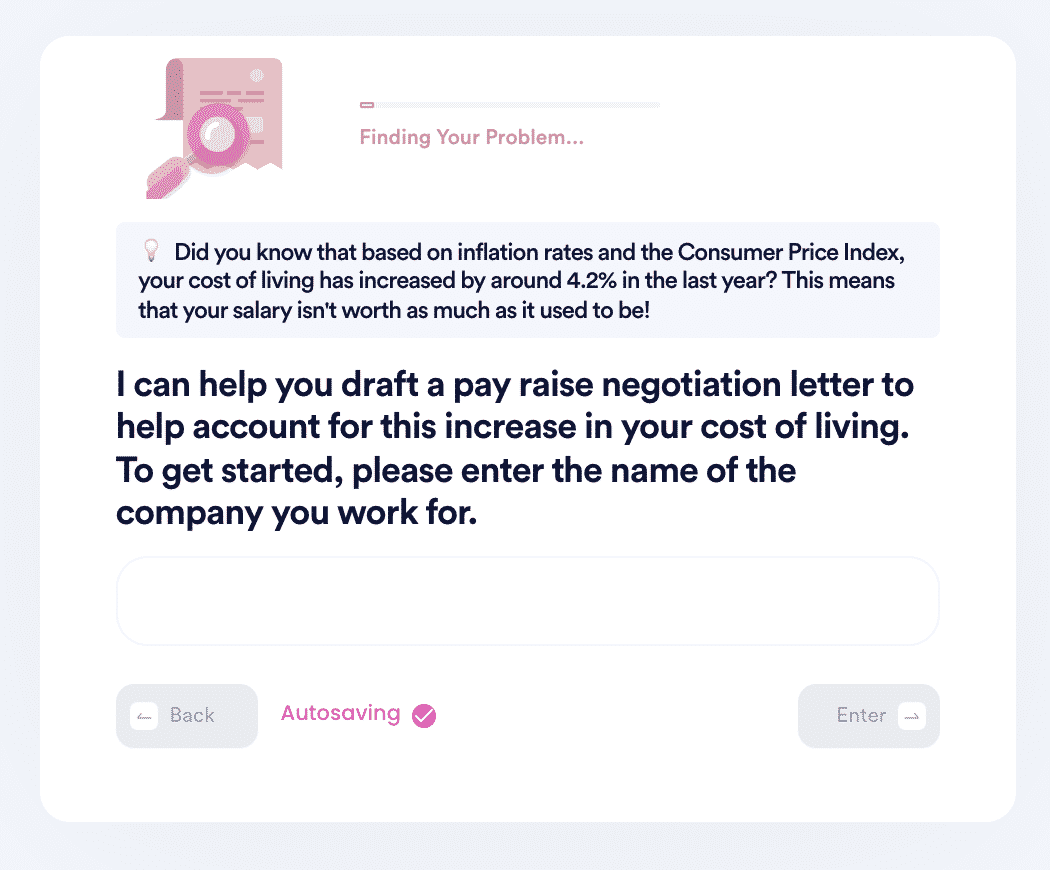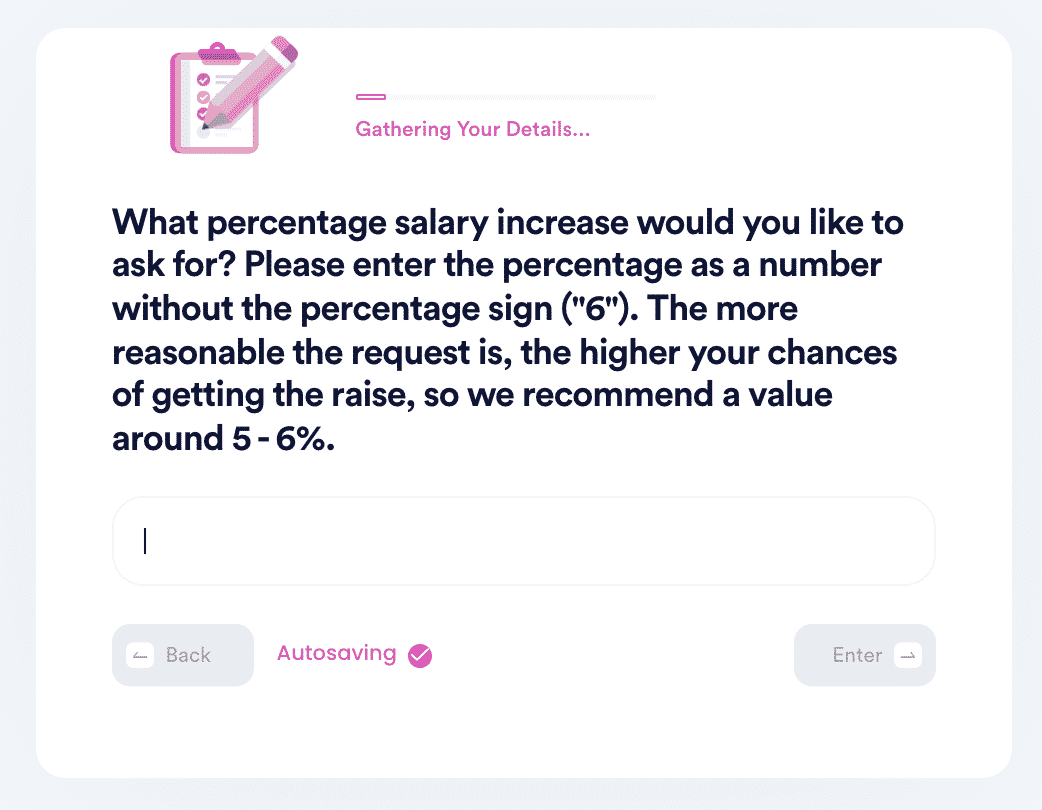How to Negotiate Your Lateral Move Salary
In an ideal world, you work hard at your job, and in return, you're rewarded by promotion after promotion. But it's not always so; there are fewer higher-level positions than the demand for promotions. Therefore, sometimes a lateral move is offered instead of a promotion.
A lateral move is a move to a different job position, usually with the same title and pay, either in your current company or in a different company. Contrary to what many may think of a lateral move, it can be a great opportunity to enhance your professional network, skills, and experience in your field.
So, you might probably be wondering, should you negotiate your salary after making a lateral move? And if so, where do you begin, and how do you do it? Should you negotiate your salary over the phone or via email? How much should you ask for? When is the proper time to ask for a raise?
These questions may overwhelm you and take away the fulfillment of starting a new position. Luckily, DoNotPay is here with answers. We'll show you how and when to start your and how we can help make this process easy for you.
How to Negotiate Your Lateral Move Salary
A comes with new responsibilities, and therefore it's okay to want to benefit from it financially. Many lateral moves will not automatically come with an increased salary. In many cases, you will have to negotiate for a salary raise.
Here are some tips to help guide you in this undertaking:
1. Determine what it is you bring to the table.
When negotiating your salary, come up with a list of your accomplishments in your previous position and what you intend to offer in your new role. Be precise in your skillset, experience, and action plan for your new position. However, be careful not to oversell or undersell yourself. This is a thin line you must be careful not to cross.
2. Prepare your talking points.
Negotiating your salary can be overwhelming, especially if you have to do it in person. Preparing your talking points prior to the negotiations should aid in easing your tension and boosting your confidence.
3. Be prepared to go back and forth during the salary negotiations.
Negotiations may not always go as expected. Your employer may counter your salary raise with a different offer. This is why it is essential to establish a reasonable income increment range. This gives you the chance to be firm on your offer while being flexible enough to reach a reasonable compromise that best suits both parties.
4. Base your salary on your performance.
In some cases, your employer may be hesitant to agree to your lateral move salary increase request. After all, you have just taken up a new role and have no performance records to show you're worth the salary you are asking for. But this should not discourage you. It's not enough reason to wave your flag.
You can reassure your employer of your capabilities by suggesting a trial period to demonstrate how much value will add to this new role. This will increase your employer's confidence in you and dedication to your new responsibility. This step may need you to wait a bit longer before getting the increment you deserve, but it should be worth the wait.
Reasons to Get a Raise
What are some of the reasons you should ?
| Your value to the company | In your new role, are your skills and experiences of additional value to the company? If yes, it would be highly advisable to consider negotiating your salary and getting an amount that reflects your value to the company. |
| Your potential | Raises are given based on employee performance. Taking on a new role with determination and going above and beyond in that role should be enough to put you on the fast track to getting a raise. |
How to Negotiate Your Lateral Move Salary With DoNotPay
may not be as easy as you would hope. Fortunately, DoNotPay can hold your hand and show you the ropes throughout the process. For example, we'll draft a professional salary negotiation letter on your behalf highlighting what benefits you'll bring to this new role and why you deserve a raise.
All you have to do is
- Search “negotiate my salary” on DoNotPay.

- Enter the name of your company and the industry you work in, so we can find the right wage statistics for your role.

- Answer a series of questions regarding your qualifications and achievements, relocation expenses, and other job offers if applicable.

- Enter the new base salary you would like to request.

And that's it. Once the information is finalized, DoNotPay will generate an official salary negotiation letter that you can then email or present to your employer.
DoNotPay Works Across All Entities With the Click of a Button
Apart from helping you , DoNotPay can help negotiate salaries in different companies and provide helpful tips, including
- How to ask for a raise
- Asking for a raise via email
- How to negotiate your salary
- How often should you get a raise
- How to get a raise
What Else Can DoNotPay Do?
Did you find the provided information helpful? Here are more things DoNotPay can help you with:
- How to cancel subscriptions
- Fight workplace discrimination
- Chargebacks and refunds
- Reduce property taxes
 By
By